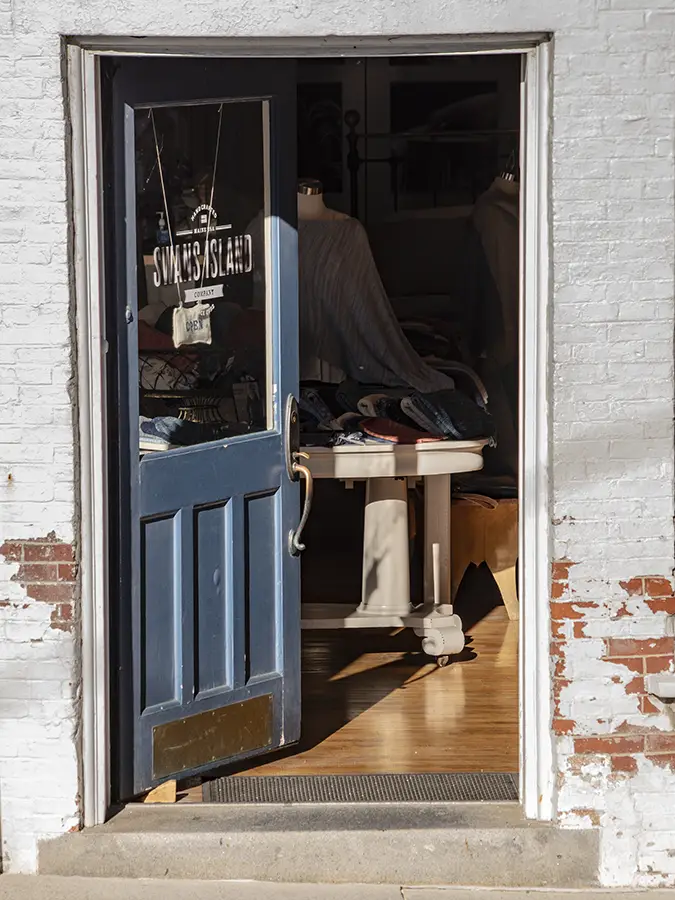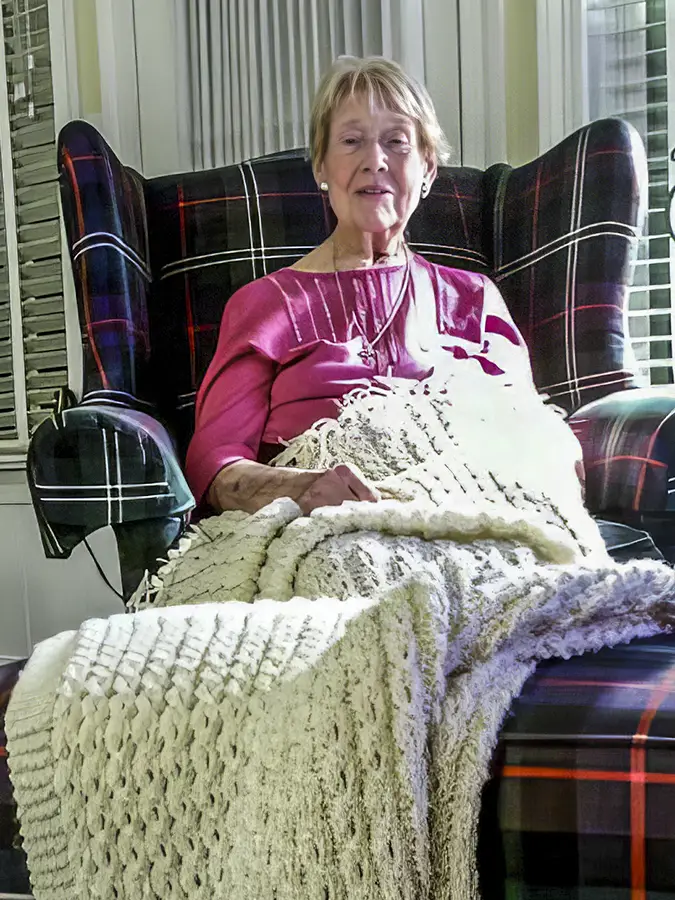
The idea for fictional “All Bets Off” (below) came about in the final months of my mother’s life, some of it spent in assisted living. “Wild Rice River Wild” (also below) emerged from stories I heard about tragic events on farms years back in the Fargo ND area where my father grew up. And then there are “Ramblings” — the kind of shareable stories about family, friends, and ourselves that just might kindle some memories and feelings.
I hope you enjoy these stories and are inspired to create your own.

Short Stories

ALL BETS OFF ... by rSkaare
When I died a week ago Monday from life’s complications, I hadn’t quite finished telling you the story about this woman, an older woman – I’m not sure how old — sitting in an unfamiliar chair late one afternoon wondering why she was wearing a nightgown. Certainly it was her nightgown, her disagreeable odor, the same kind of gown and odor wafting from the parade of bent women clutching walkers, shuffling determinedly, habitually, back and forth in the hall.

WILD RICE RIVER WILD ... by rSkaare
Olaf Sneen stared dazedly into the mottled mirror behind the rows of dusty liquor bottles. His third beer and shot sat untouched in front of him like strangers wanting but unwilling to start a conversation. Dull sunlight pushed its way through the grime of the two small windows high to his right on the street side of the small-town, country bar, and spread across the smoke-dulled, knotty pine paneling behind him. Silted warm air waited patiently at the front screen door, stopped by the bar’s coolness and brutish odor from years of cigarette smoke and sweat.
Skaare Ramblings
Never Loved a Store

Someone asked me recently if there was a store I loved going to as a child. Frankly, I don’t recall any store I “loved,” which might explain why I still don’t enjoy shopping.
My family regularly visited four stores: the “commissary” monthly, Zayre most Friday nights, F.W. Woolworth almost weekly, and Filene’s Basement on “Dollar Day.” All were budget-friendly and perfect for a low-income family.
The term “commissary” means a restaurant in a military base, prison, or similar institution, but I don’t recall seeing a restaurant at the Bedford Massachusetts Air Force Base commissary. There was a sizable grocery market and a moderate section for household items. We shopped there because my father was a Navy or Coast Guard cook, either active or retired.
We bought a lot at the low-price commissary, especially after we could afford a freezer. My parents even bought milk in bulk to freeze. This happened after Andy, our friendly Whitings company milkman, stopped deliveries. Freezing separated cream from milk, and we had to stir it to make it drinkable again. We missed Andy’s fresh milk.
Zayre was an early “big box” store (1956) in Saugus, MA, offering everything for a middle-class lifestyle, including knock-offs of trendy outfits like seersucker shirts and penny loafers for boys. Someone I hung out with in early high school, whose dad was a corporate VP, bought his wardrobe at the upscale Kennedy’s store in Boston, and regularly mocked me for my discount store clothes. To this day, discount stores sometimes spark flashbacks of those taunts.
F.W. Woolworth’s was a 45-minute walk to downtown Melrose. Without a car, we walked everywhere for the first 12 years of my life. I still prefer walking on the golf course and around cities. Woolworth’s had everything except groceries. However, it featured a tempting candy and cookie section.
My mother had a clever trick: she filled a large bag with inexpensive high-sugar wafer cookies instead of a small bag of the pricier top-shelf ones. Occasionally, she splurged on ginger windmill cookies, giving us one a day. Back then, we felt food-rich!
Finally, there was Filene’s, a haven where quality and prices improved with each higher floor. We shopped on the bottom floor, Filene’s Basement. Anyone from New England probably recalls “Dollar Day” at Filene’s Basement, where everything cost — yes — a dollar. What baffled me as a child were the women who unashamedly stripped in full public view to try on dresses; there were no fitting rooms on the discount floor.
One last Filene’s Basement story. In seventh grade, when appearance mattered greatly, my mother brought home a striking red, tablecloth-patterned shirt from Dollar Day. I mistakenly gushed over it. The next day, she went back for a special extra “Dollar Day” sale and bought the same shirt in blue and green. Owning only five shirts, I had to carefully plan my wardrobe to avoid teasing, such as, “It must be Monday because Skaare is in that red tablecloth shirt again.”
Today, I still don’t have a store that I love.
Best Son-in-law Joke

I can’t remember ever hearing a father-in-law joke. Back in the post-World War II era of my youth, who would dare take jabs at men who saved the country from its enemies and then became the family breadwinners. Patriarchy was kevlar.
But I did hear lots of mother-in-law jokes, especially at extended-family cook-outs. The women would listen with smiles of toleration.
What I have liked most about mother-in-law jokes is that I didn’t have a mother-in-law like those parodied. Alma was more of a second mother to me. That’s probably because I was the first son-in-law, and, after producing six girls, Alma thought she could use a son. >>
What I liked most about Alma Mom was her sense of humor. Even in her last hours, as she lay in her hospital bed, in and out of consciousness, surrounded by a gaggle of family members, she looked at me and said something. I had just come into the room and was standing at the foot of her bed. I couldn’t hear her soft words.
My wife, sitting close to her, leaned in, asked her what she said, and announced to the crowd, “Your zipper is down, Mom says.” Laughter. I asked Alma Mom if those were going to be her final words to me. That got her laughing her last laugh. And that became for me the best son-in-law joke and the one that I shared at her funeral service.
I have now run out of mothers: mine is gone, Alma is gone. Sad. No more son-in-law jokes. But lots of memory-smiles.
Shabby Kim

My friend Kim didn’t offer much as a kid, even as a young adult. She wasn’t all that pretty, couldn’t sing well, and was much too timid. At least that’s what she told herself.
And that’s probably why she read “The Littlest Angel” over and over as a child. The book tells of a boy-turned-angel, who is too small, too off-key, and just too awkward to fit in, even in heaven. The lonely boy would find joy only if he could go back to earth and retrieve a box he kept under his bed. Kim, too, kept things in a box as a kid; for a while she ignored it.
Kim and her mother were poor. But so was just about everyone else in the African-American enclave where they live in the Sixties. Kim’s mom had struggled ever since her parents died when she was young and was subsequently treated more like a servant than a sibling when her sister took her in.
Later, as a young woman, she met a guy, who stole her heart, married her, gave her a child, and then left before daughter Kim could form a memory of him — left without any future child support, any future Christmas presents, any contact with Kim for twenty years. Nothing.
And she was never beholden to anyone. She gave much more than she got. She had food when others didn’t, so she shared hers with them. Cookies were the family’s currency, especially at Christmas. Kim’s mom would take a week off from work, and the two of them would turn the kitchen into a cookie factory and distribution center.
What sweet memories for Kim. What inestimable blessings to those receiving cookies and love: the friend with an alcoholic husband and eight kids; the elderly who kept watchful eyes on the neighborhood children and advised parents on correcting their youngsters’ behavior; the sick, the lonely, the stranger — all those, Kim believed, Jesus would befriend.
Jesus’ birthday was celebrated at the local Baptist church in much the same way as at other churches, with lots of carols and caring, and with the baby Jesus in swaddling clothes in a crèche. A white baby Jesus wasn’t a problem for Kim, nor did it seem to be for other black church-goers back then. What troubled Kim was the baby’s father. Jesus had an earthly father — sort of — and a heavenly father who was never seen. That hit home for Kim.
Clothes at Christmas were important because how one looked told others that poverty hadn’t worn you down. Books were food for the precocious Kim, who could read by age three. And, again, the best of those books was “The Littlest Angel.”
Near the end of that story, after the now happy boy-angel had retrieved his box, God announced the birth of Jesus. The angels prepared gifts. The littlest angel decided to give Jesus his box as a gift. But the shabby box with nothing of value inside paled in comparison to what others were presenting. You know the ending or go read it.
For Kim, the ending of the book was a beginning. It took her years to accept her shabbiness, to realize that everyone else was equally shabby in God’s eyes, and to know deeply that God loves shabby people. You didn’t have to get dressed up for God. You didn’t need a perfect family – whatever that was – because you were part of God’s family of saved misfits. And He was your father, your real father, who wouldn’t be leaving you, who would be giving you the most wonderful Christmas present every year, and who would be coming back some day. He promised. And Kim believed Him, and sang His praises beautifully.
